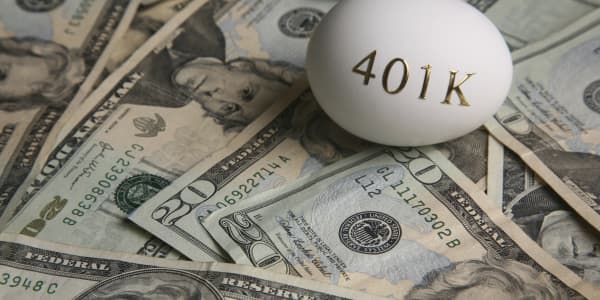The measure of NFL success is simple—win the Super Bowl.
Mid-market companies must have that same mindset to prosper.
Here are some hard-hitting lessons that business executives, managers and entrepreneurs can learn from the NFL.
The blame game
When it comes to an NFL franchise, the front office, coaches and players all have to agree up front on the season's goals and objectives.
Otherwise, there's going to be a good deal of accusation and acrimony within an organization at some point between August and January.
(Read more: Betting on the Super Bowl—Wall Street style)
And, as last year's Miami Dolphins bullying episode shows, accusation and acrimony can be quite ugly.
That's true in the locker room or the boardroom.
Indeed, the problem in many mid-market companies is that if they don't measure success, they're going to fail; and people in the company will probably end up blaming each other for the failure when things start to unravel.
To avoid the finger pointing that comes after a troubling or traumatic loss in the marketplace, it's very helpful if companies can get the senior management team and key investors to agree on the true measures of success early on.
The mind game
The NFL is a brutally real environment. But, sometimes, teams live in a world of unreality.
For example, the New York Giants, winners of two recent Super Bowls, may have deluded themselves into believing that they were still quick, strong and deep earlier this season. And the Baltimore Ravens, last year's Super Bowl winner, may have told themselves that they could still grind it out with Ray Rice's running game and Joe Flacco's arm, despite the loss of Ray Lewis at linebacker.
(Read more: Beware of fake Super Bowl goods)
In sharp contrast to the Giants and Ravens, we have the New England Patriots, led by Bill Belichick, who is known for playing a host of disruptive mind games on the opposition, but never on himself.
Despite falling one game short of this year's Super Bowl, Belichick is still the best coach in the NFL — and he'd be an outstanding CEO, too.
We're not saying that every CEO should follow the clear-eyed Belichick's lead; but we are saying that it's crucial to tell yourself the truth about your organization's strengths and weaknesses as early as possible.
Unfortunately, too many mid-market companies and their leaders tell themselves stories.
And the financial fall-out from these mind games can be quite damaging.
The anger game
Seattle Seahawks cornerback Richard Sherman is a great athlete, even a super star in the making. He's a formidable and focused member of the Seahawks' vaunted secondary — the so-called "Legion of Boom." And his playing has, without question, helped send the Seattle Seahawks to this year's Super Bowl.
However, his recent comments about both his opponent and himself — described as "immature and mind-boggling" — have, at least, temporarily, impacted his image as an intelligent Stanford-educated football player.
Sherman is a very smart guy. But even super stars in the Super Bowl make mistakes and have bad days.
(Read more: )
This is certainly not the first time this has happened in the NFL, where the game is played with some anger. But, as Sherman hopefully learned, that anger is clearly best left on the playing field.
When it comes to business, it's super stars like Sherman who can often be the most damaging to a company.
To be sure, we've seen a host of destructive corporate super stars in action over the years. Mark Cuban, the owner of the NBA's Dallas Mavericks, for example; or Oracle CEO Larry Ellison; or, perhaps, the ultimate personification of this behavioral pattern — Donald Trump.
The winning game
Let's look at the two quarterbacks in this year's Super Bowl — Seattle's Russell Wilson and Denver's Peyton Manning.
Wilson needs to stay locked in, so he can benefit from the big payday that awaits him after his rookie contract expires in a few years.
As for Manning, he needs to stay flexible and adaptive — especially in the way that he changes plays at the line of scrimmage to take advantage of a perceived weakness in the defense.
If a mid-market company follows Wilson's focused and hard working approach, it will prosper and grow. And it will escape the cruel fate of so many fledgling firms, which deliver rapid growth in year one, take continuing losses in year two, and then find themselves in liquidation in years three or four.
And, if a mid-market company can adjust like Manning — in this case to fluctuating business conditions, faulty market assumptions or unexpected competitive inroads — it can clearly separate and distinguish itself from its rivals.
For many organizations, that's just like winning the Super Bowl.
— By Al Davis
Al Davis is co-founder at Revitalization Partners, an international specialty-management-services firm that provides hands-on interim executive management and advisory services to client companies. Follow him on LinkedIn.




